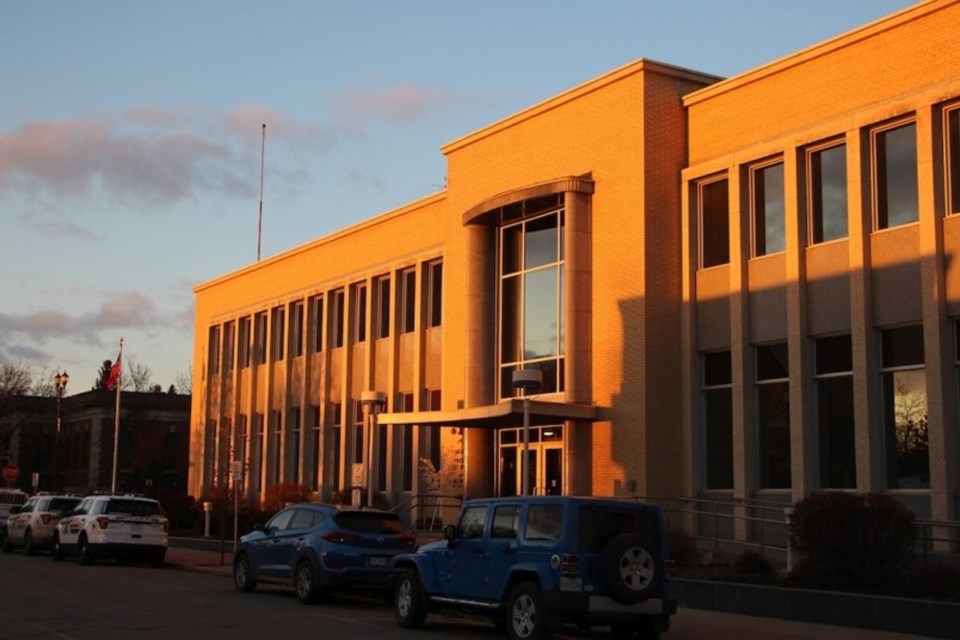YORKTON - We are at that wonderful time of the year, on the eve of the holiday season, when we begin to find out just how much of a Grinch the local municipal government will be as it begins to unveil its budgetary plans for the upcoming year.
The process is a two-headed affair in the sense of how it might impact resident pocket books.
On the one hand there is the level of taxes that will be set for property owners to pay.
In recent years property taxes have trended higher, and while Council is always talking holding the line, it is frankly a near impossible task.
There is a massive infrastructure deficit in terms of renewing things such as water and sewer lines, sidewalks and most notably pavement. While it has to be tempting to put off work in an effort to hold taxes in line, it just postpones the inevitable, risks even higher costs, and forces the next Council to pay the bills.
Luckily the expected bugaboo of massive unpaid taxes due to COVID-19 restrictions proved largely a mirage, so city finances have been tracking as С����Ƶ in a solid position, but modest tax hikes are almost as assured moving forward as snow for the holidays.
The other hit to pocketbooks of course comes with what fees the city charges its resident to use facilities.
We saw changes to how fees will be charged at the water park approved at the regular meeting of Council Monday. The changes will be seen by some as pushing their swim costs up, while others will see a system of fairer access, but where it ultimately goes will be determined as a fuller review of service is completed.
That is likely to be a repeated theme in the weeks ahead as Council reviews fees for everything from golf at Deer Park Golf Course, to water and sewer rates.
If the city is able to hold the line on any of the fees it is likely to be the exception, not the rule.
Costs are rising for everything these days, the reasons ranging from the war in Ukraine, to weather conditions, carbon taxes and companies grabbing some added profits, and that is hitting the individual buying groceries, or the city doing business.
That means fees, like taxes, will generally rise to continue current service levels.
There of course has to be a limit one day of how much people can pay, and when Council feels they are at that point, the real decisions will start – that С����Ƶ which services can be trimmed if not completely chopped to save money? It will be a most interesting discussion.






